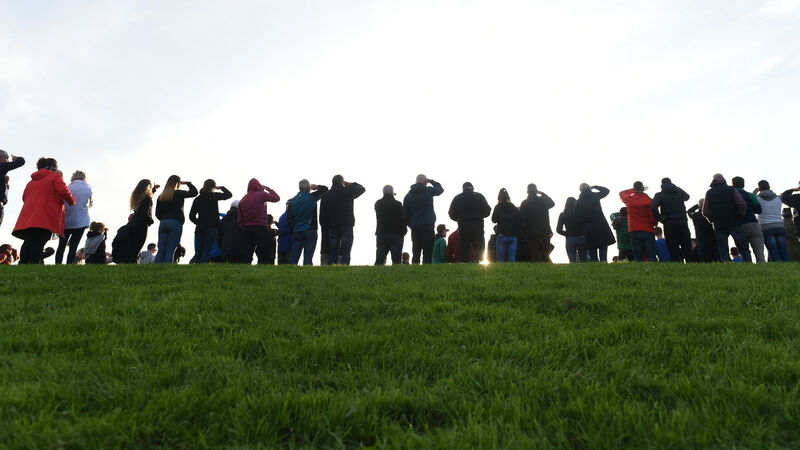Paul Rouse: The trouble and strife of Cork's first club championship campaign

An extraordinary crowd came to Cork Park; the biggest of the summer of 1887. The semi-final meeting of St Finbarrs and the Cork Nationals was expected to be the greatest hurling match yet seen in the city
There has been no hurling championship quite like the first Cork County Championship, played in the late spring and early summer of 1887.
Some 22 teams entered to compete when the draw was made in February 1887; the local belief was that the champion club of Cork would be a good bet to go on and win the overall All-Ireland honours.








